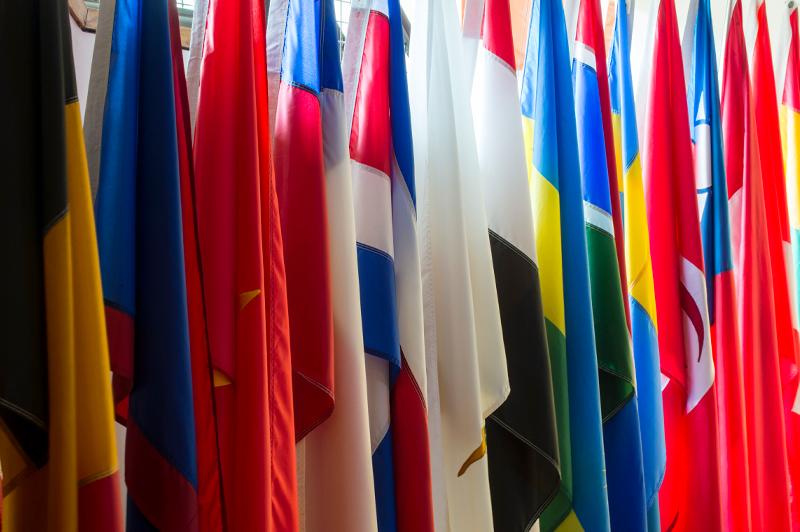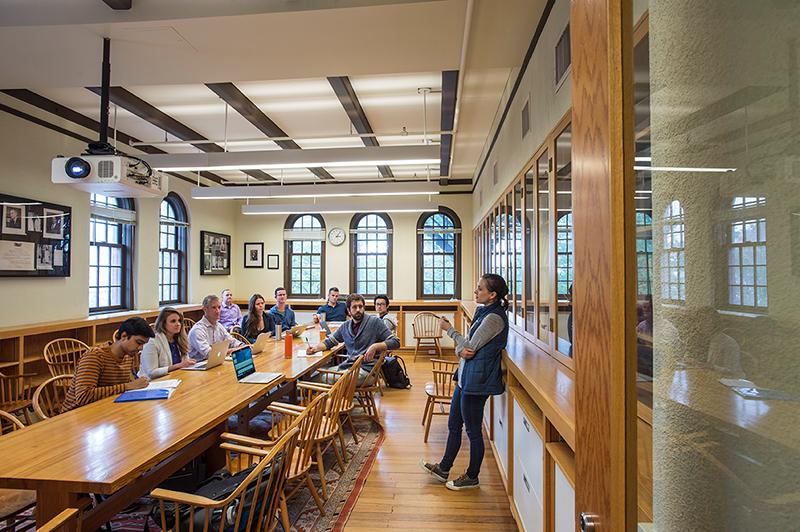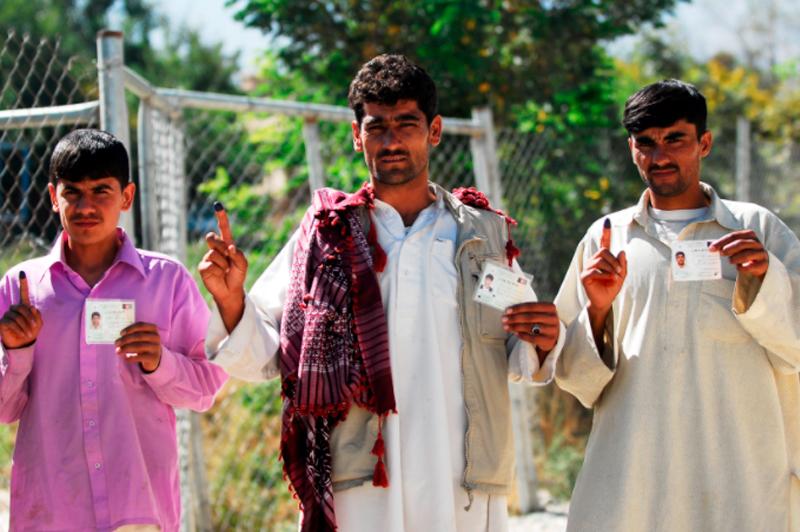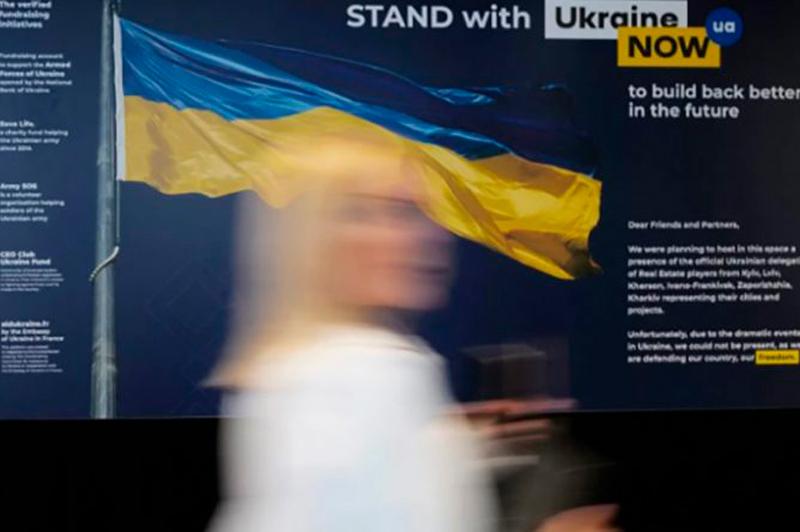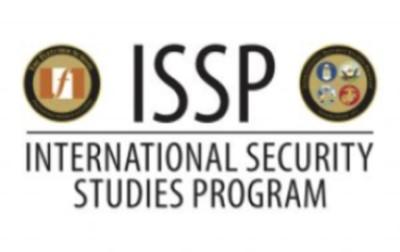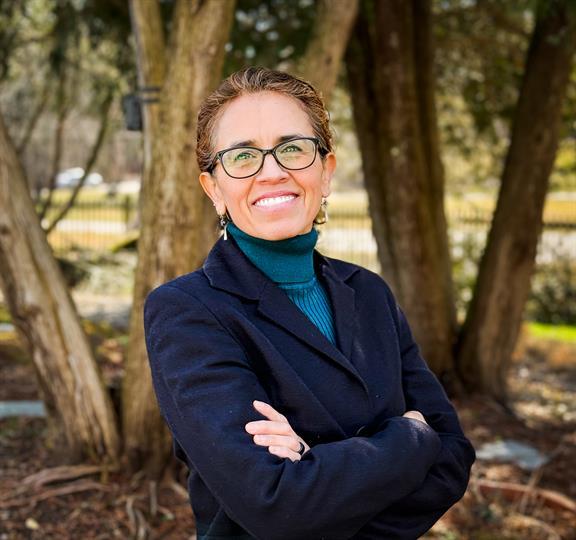-

Hear from Professor Monica Toft
Learn how Professor Monica Toft is shaping the study of global affairs and diplomacy at Fletcher.
Hear from Prof. Toft -

Explore Fletcher academics in action
Fletcher Features offers insights, innovation, stories and expertise by scholars.
Get global insights -
Get application tips right from the source
Learn tips, tricks, and behind-the-scenes insights on applying to Fletcher from our admissions counselors.
Hear from Admissions -

Research that the world is talking about
Stay up to date on the latest research, innovation, and thought leadership from our newsroom.
Stay informed -
Meet Fletcherites and their stories
Get to know our vibrant community through news stories highlighting faculty, students, and alumni.
Meet Fletcherites -

Forge your future after Fletcher
Watch to see how Fletcher prepares global thinkers for success across industries.
See the impact -

Global insights and expertise, on demand.
Need a global affairs expert for a timely and insightful take? Fletcher faculty are available for media inquiries.
Get in Touch
Research & Publications
Show Search
Show Featured Only
Latest Publications
Global Roadkill Data: a dataset on terrestrial vertebrate mortality caused by collision with vehicles
Roadkill is widely recognized as one of the primary negative effects of roads on many wildlife species and also has socioeconomic impacts when they result in accidents. A comprehensive dataset of roadkill locations is essential to evaluate the factors contributing to roadkill risk and to enhance our comprehension of its impact on wildlife populations and socioeconomic dimensions. We undertook a compilation of roadkill records, encompassing both published and unpublished data gathered from road surveys or opportunistic sources. GLOBAL ROADKILL DATA includes 208,570 roadkill records of terrestrial vertebrates from 54 countries across six continents, encompassing data collected between 1971 and 2024. This dataset serves to minimise the collection of redundant data and acts as a valuable resource for local and macro scale analysis regarding rates of roadkill, road- and landscape-related features associated with risk of roadkill, vulnerability of species to road traffic, and populations at risk of local extinction. The objective of this dataset is to promote scientific progress in infrastructure ecology and terrestrial vertebrate conservation while limiting the socio-economic costs.
Copy Citation
Grilo, C., Neves, T., Bates, J., le Roux, A., Medrano-Vizcaíno, P., Quaranta, M., . . . de Sá, G. A. M. (2025). Global Roadkill Data: a dataset on terrestrial vertebrate mortality caused by collision with vehicles. Scientific Data, 12(1). doi:10.1038/s41597-024-04207-x
Copied to clipboard.
View on Publisher Site
Resilient food security information systems in the age of disruption: An ecosystem approach
Food security information systems (FSIS) face unprecedented threats from abrupt shifts in political and funding priorities, misinformation, and manipulation. We draw on 50 years of research in Food Policy and the broader FSIS literature to offer five resilience characteristics to guide development of a future-fit FSIS: (1) safeguard integrity and impartiality; (2) ensure independent and transparent governance; (3) optimize data and analysis value streams for decision-making; (4) break down sectoral barriers for holistic food security characterization; and (5) innovate responsibly while embedding accountability and learning. We suggest recommended actions based on these resilience characteristics to co-create a more resilient FSIS ecosystem to guide humanitarian responses, advance preventive action for acute crises, and efficiently deliver results.
Copy Citation
Morrow, N., Maxwell, D., Mock, N. B., Haan, N., Marsland, N. K., & Lentz, E. (2025). Resilient food security information systems in the age of disruption: An ecosystem approach. Food Policy, 137. doi:10.1016/j.foodpol.2025.102908
Copied to clipboard.
View on Publisher Site
Assessing the Policy Gaps for Achieving China’s Carbon Neutrality Target
18124
- 18133
The global commitment to achieve net-zero greenhouse gas emissions requires reform of existing policies, the formulation of new policies, and concrete policy implementation in every country. This paper provides an early effort to examine the overall readiness of China’s 1+N climate policy package to achieve carbon neutrality before 2060 and to explore policy gaps. We use a mixed methods approach, combining a comprehensive policy inventory, an expert survey, and a system dynamics model to analyze the adequacy of China’s climate policies. Our findings reveal that China’s 1+N policy package will enable near-term carbon dioxide peaking and ultimately shift China toward full greenhouse gas (GHG) neutrality. However, the 1+N policies fall short of achieving full GHG neutrality across the whole economy due to a lack of stringency in some existing policies (i.e., stringency gaps) and some neglected sectors and areas in which policies are missing (i.e., coverage policy gaps). Meanwhile, the expert survey reveals concerns about implementation that exist for almost all policies (i.e., implementation gaps). We further discuss implications for how China could improve its 1+N policy package.
Copy Citation
Zhang, F., Gallagher, K. S., Deng, M., Liu, H., Orvis, R., & Xuan, X. (2025). Assessing the Policy Gaps for Achieving China’s Carbon Neutrality Target. Environmental Science and Technology, 59(34), 18124-18133. doi:10.1021/acs.est.4c12478
Copied to clipboard.
View on Publisher Site
Growth Strategies and Welfare Reforms in Denmark
Oxford University Press (OUP)
85
- 115
Copy Citation
Ibsen, C. L., & Knudsen, J. S. (2025). Growth Strategies and Welfare Reforms in Denmark. In Growth Strategies and Welfare Reforms (pp. 85-115). Oxford University Press (OUP). doi:10.1093/9780198947516.003.0003
Copied to clipboard.
View on Publisher Site



